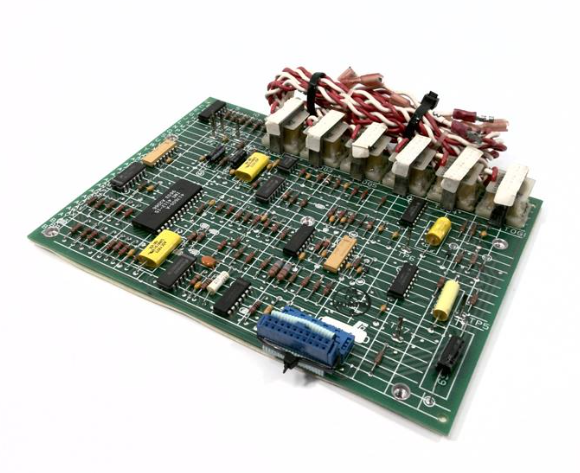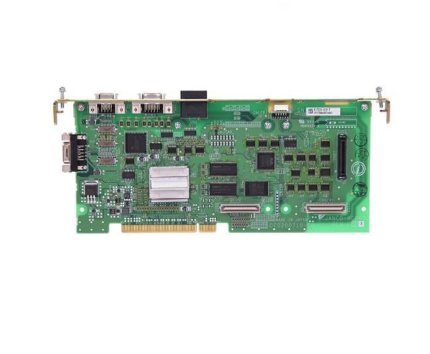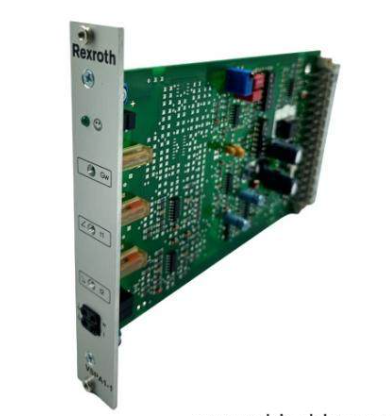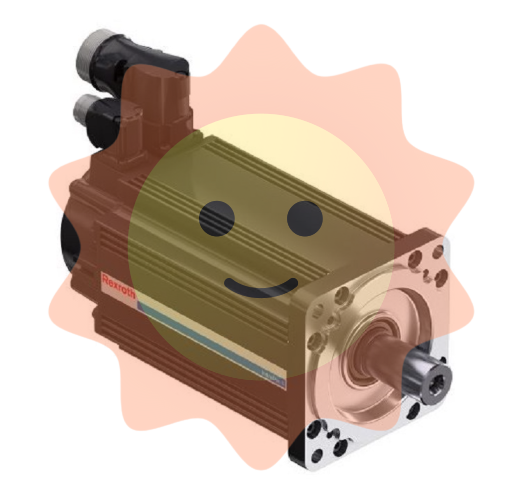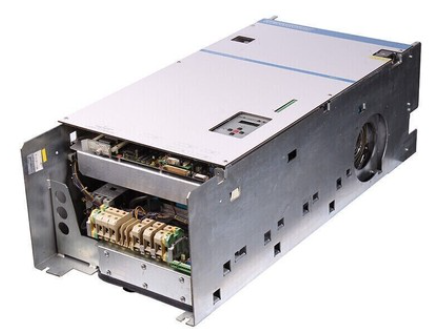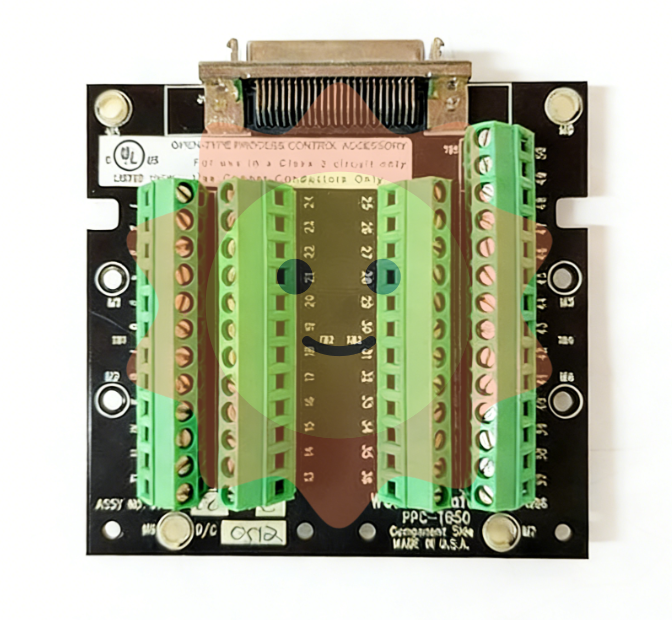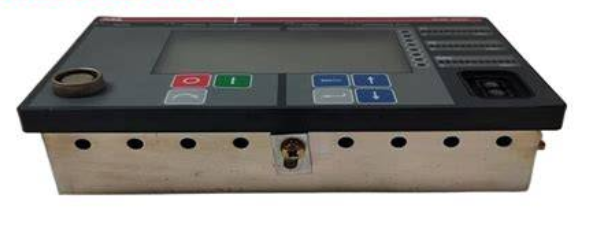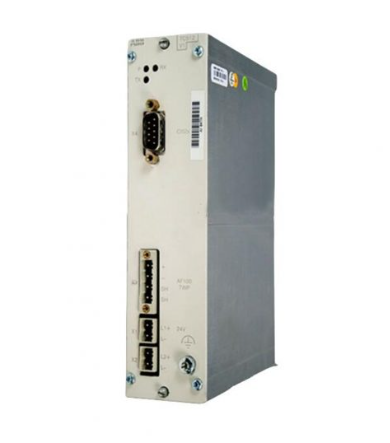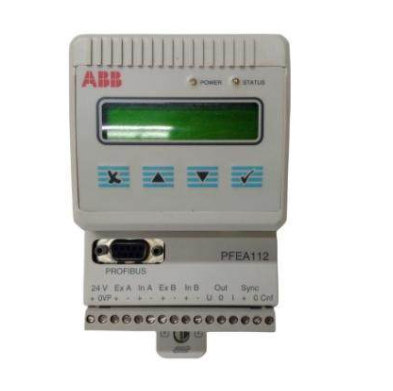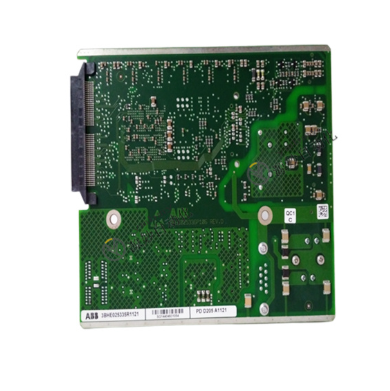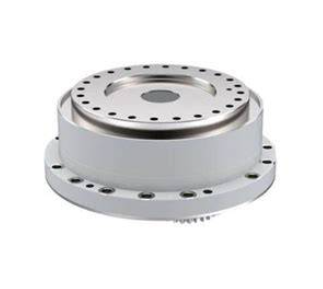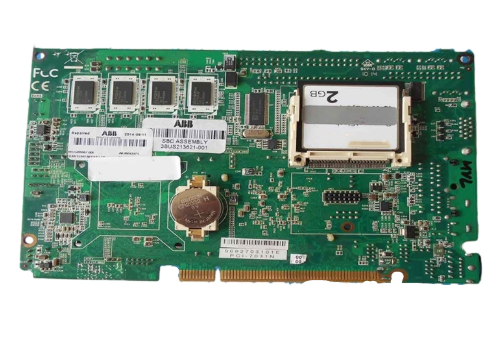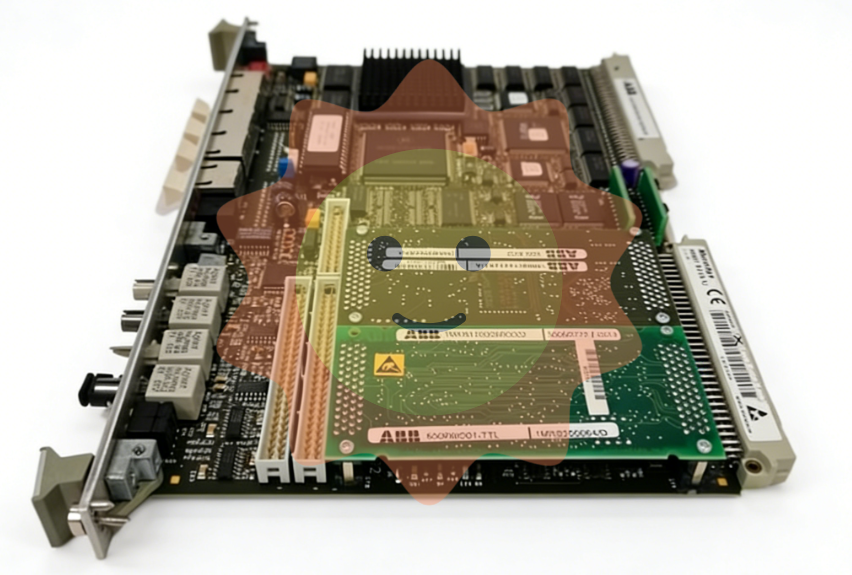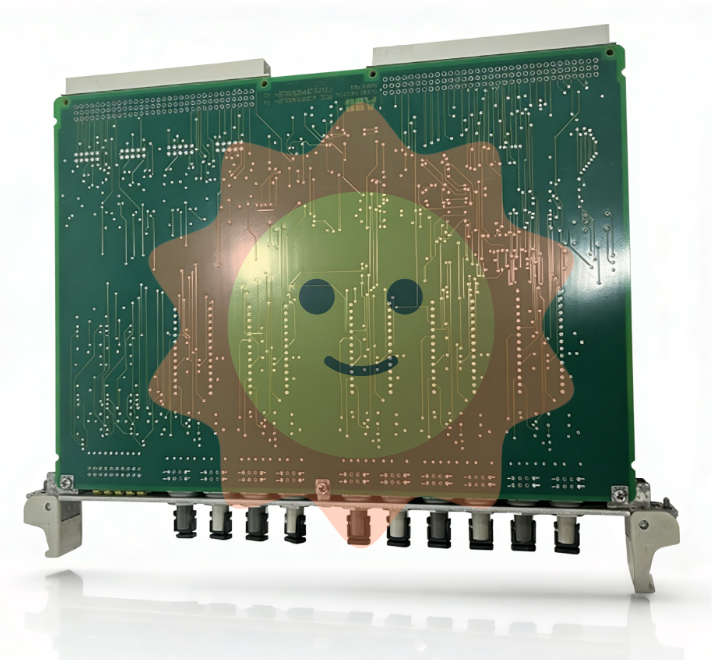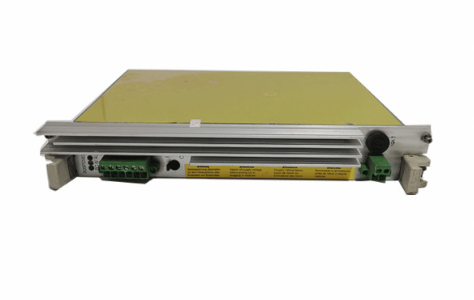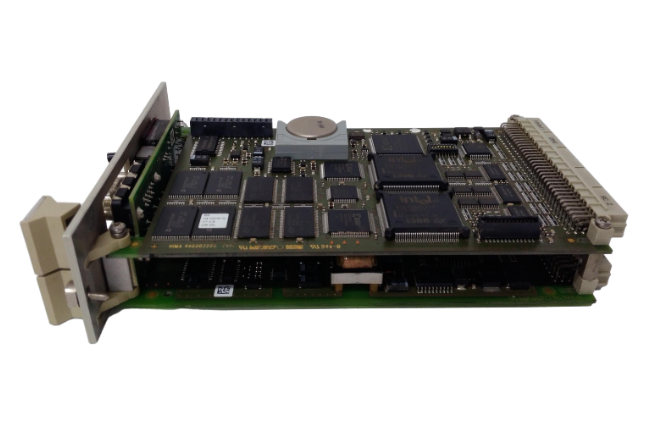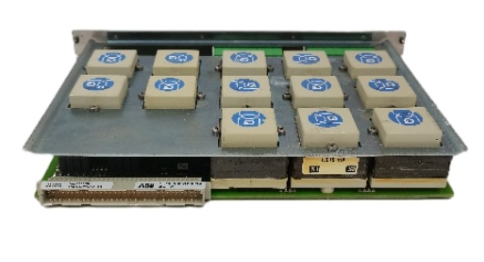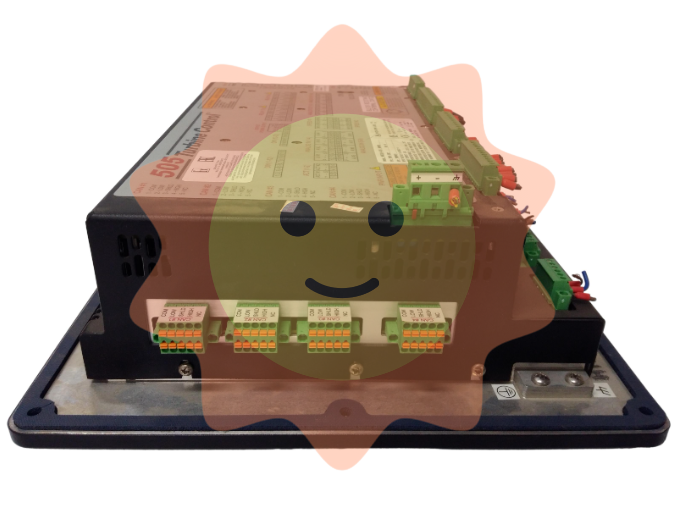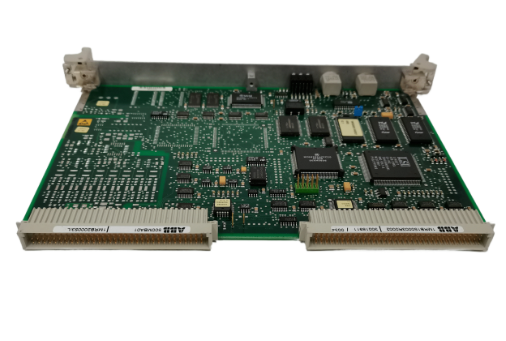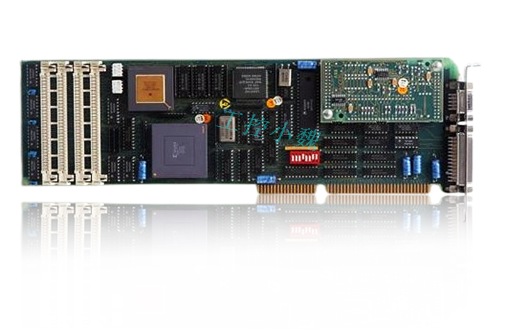What is Industrial automation?
Industrial automation uses computer control systems and robots (i.e., automated machinery) to replace humans in making decisions and participating in manufacturing processes. For example, automated machining tools and moving parts perform machining and finishing operations on materials, and automated delivery systems move parts and components to various manufacturing stages.
The benefits of industrial automation
Because of the benefits offered by the integration of industrial automation technology - including increased production speed, better quality control, and improved safety - manufacturing facilities in almost every industry are increasingly choosing to adopt it instead of traditional manual or mechanized methods. Some of the most important benefits include:

Improve manufacturing quality and flexibility
One of the hallmarks of manufacturing excellence is better quality, i.e. lower overall production error rates. Automated manufacturing and assembly equipment, such as CNC machines, have integrated programs designed to handle repetitive tasks with increasingly low error rates. In addition, these machines can be programmed to perform new operations and additional steps immediately during assembly.
Increase productivity
Compared to manually operated facilities, automated manufacturing facilities offer the ability to operate faster and continuously without the risk of errors due to operator fatigue. While industrial automation may still require some human inspection and supervision, automated processes are far more productive per person on the manufacturing floor than manual or mechanical processes.
Reduce cost
Despite the high initial costs, industrial automation can help facilities reduce overall costs by:

Integrate analytics tools into the process to minimize data collection and management costs.
Reduce overall labor costs, such as wages, benefits, and other health care costs.
Integrated sensors and automatic alarms reduce the risk of equipment failure or service outages.
secure
Automated processes are safer because they require less operator involvement. Instead of playing the role of operator, human supervisors can monitor tasks and production from a safer distance, while machines can handle tasks with potentially hazardous materials or equipment, such as:
chemicals
Sharp metal and equipment
Heavy materials and equipment
Materials that require extremely high or low temperatures
Electronic equipment
[Types of industrial automation]
Manufacturing facilities can use a combination of different levels or degrees of automation to structure their manufacturing processes. These types of industrial automation include:
Fixed automation (also known as hard automation)
Many manufacturing facilities perform routine, repetitive tasks that do not vary from product to product. Processes that require these continuous or large-scale operations use specialized machines with fixed automation, also known as hard automated processes. While fixed automated processes are inflexible and can be costly initially, they produce products with high speed, accuracy, and safety.

Flexible automation (also known as soft automation)
Flexible automation, also known as soft automation, enables more flexible production. Unlike a machine that uses hard coding, it does not use a hard coding machine to handle a set of tasks without any deviation, as hard automation does, but instead uses specified commands in a computer program. Changing the code can change not only the order of steps, but also the actual process of execution. For example, individual CAD templates for parts and products can be converted into specific instructions for CNC machines. In addition, guided vehicles and other dynamic manufacturing tools use flexible automated processes to handle complex manufacturing tasks.
Programmable automation
In programmable automation, manufacturing tasks are handled by computer programs that provide specific instructions to the machine. These processes can vary from batch to batch, as engineers can modify the instruction set to fit the specifications of a specific manufacturing application.
Programmable automation is ideal for manufacturing facilities that produce small batches and produce similar products using many of the same steps and tools. While completely new configurations and sequences are possible, they typically require much longer setup and processing times. Unlike flexible automation, programmable automation allows hard automation Settings to be reconfigured from the same underlying systems and tools for each production run. This type of automation is common in paper mills or rolling mills.
Integrated automation
Integrated automation is handled entirely by computers and control processes with minimal human involvement. Computers can design the necessary parts, test designs, and manufacture parts. This type of industrial automation is closest to the "lights out" automation first conceived in the 1980s.

Type of manufacturing process compatible with automation
The manufacturing process establishes the operations required to produce the final part or product, while the automation process determines how the operations are performed. For example, the assembly of prefabricated parts (manufacturing process) can be achieved through hard automation or programmable automation (automated process).
Several types of manufacturing processes are compatible with the four types of automation listed above. Some of the most common compatible manufacturing types include:
Repeat manufacturing
Repeat manufacturing is used to make the same part or product for a long time, usually in large quantities. This type of manufacturing uses an assembly line or production line format to make goods, and there is little change in manufacturing Settings, materials, or other considerations over time. While the speed of operation can be modified to meet fluctuating needs, the general steps and sequence of steps remain the same. Repetitive manufacturing facilities can operate 24/7 without human supervision to maintain high productivity.
Repeat manufacturing is commonly used in the following industries:
CARS
Computers and electronics
Machine building
This type of manufacturing can be achieved through hard automation and programmable automation processes.
Discrete manufacturing
Discrete manufacturing allows for changes throughout the manufacturing process. This type uses fan-out assembly or production lines to allow for a limited number of different operations at different stages of production. However, the options are limited, and no dynamic changes are allowed beyond a few setting variables. Discrete manufacturing lines also tend to make products that are similar to each other and, like repetitive lines, typically deal with physical or preformed components.
Discrete manufacturing is commonly used in the following industries:

Consumer product
Food packaging
iatric
textile
This type of manufacturing can be combined with flexible automated processes.
Shop manufacture
Unlike the linear production lines used in repetitive and discrete manufacturing, this type of manufacturing takes place within a fixed production area. The product remains in a workstation equipped with the necessary tools and human supervisors. Workshop manufacturing produces more complex products, often for smaller production runs. It is also more labor intensive than other types of manufacturing.
Workshop manufacturing is commonly used in the following industries:
Custom machinery
Highly skilled workforce
Handmade consumer goods
This type of manufacturing can be achieved through flexible automated processes. However, many operations may require more physical labor and involve putting human operators in control of smaller automated tasks.
Batch manufacturing
Process manufacturing, also known as batch manufacturing, deals with smaller production runs and uses raw materials that cannot meet stringent standards. This method of manufacturing is common in industries where demand levels are low or seasonal and only occasional "batches" are required.
Batch manufacturing is commonly used in the following industries:

Food and beverage
Paint
restoratives
This type of manufacturing can be achieved through integration and flexible automation.
Continuous process manufacturing
Continuous process manufacturing provides consistent treatment (through thermal, mechanical or chemical processes) of raw fluid materials such as gases, liquids, powders, slurries and particles. While the manufacturing process does not change from start to finish, different orders or runs may enter or leave the process at different stages.
Continuous process manufacturing is commonly used in the following industries:
Food and beverage
Paint
restoratives
Oil and gas
This type of manufacturing can be achieved through integration and flexible automation. Like repetitive manufacturing, the process is continuous and relatively unchanged.
- ABB
- General Electric
- EMERSON
- Honeywell
- HIMA
- ALSTOM
- Rolls-Royce
- MOTOROLA
- Rockwell
- Siemens
- Woodward
- YOKOGAWA
- FOXBORO
- KOLLMORGEN
- MOOG
- KB
- YAMAHA
- BENDER
- TEKTRONIX
- Westinghouse
- AMAT
- AB
- XYCOM
- Yaskawa
- B&R
- Schneider
- Kongsberg
- NI
- WATLOW
- ProSoft
- SEW
- ADVANCED
- Reliance
- TRICONEX
- METSO
- MAN
- Advantest
- STUDER
- KONGSBERG
- DANAHER MOTION
- Bently
- Galil
- EATON
- MOLEX
- DEIF
- B&W
- ZYGO
- Aerotech
- DANFOSS
- Beijer
- Moxa
- Rexroth
- Johnson
- WAGO
- TOSHIBA
- BMCM
- SMC
- HITACHI
- HIRSCHMANN
- Application field
- XP POWER
- CTI
- TRICON
- STOBER
- Thinklogical
- Horner Automation
- Meggitt
- Fanuc
- Baldor
- SHINKAWA
- Other Brands



